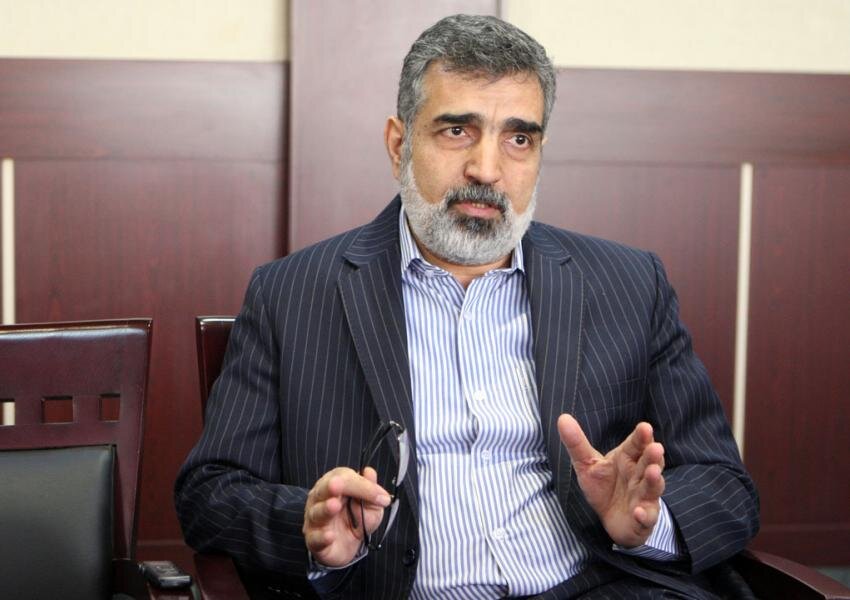Iran says expects ties with IAEA to be based on mutual commitments

TEHRAN – Iran expects its relations with the International Atomic Energy Agency (IAEA) to be based on legal commitments of both sides, spokesman for the Atomic Energy Organization of Iran (AEOI) has said.
“Iran expects its relations with the agency to be based on legal commitments of both sides, and if the agency has questions, Iran is tasked with responding,” Behrooz Kamalvandi said, ISNA reported on Tuesday.
Kamalvandi said Iran has had many legal discussions with the IAEA due to the problems in the last two reports of the IAEA.
“In the second report, a resolution was issued against Iran, even though the resolution was not ratified with a high number of votes and different countries opposed it,” he said.
The spokesman said both Iran and the IAEA emphasize the importance of strengthening bilateral ties. “We shouldn’t allow countries that intend to abuse [the IAEA] to provide the ground for this through pressuring the Agency.”
Director General of the International Atomic Energy Agency (IAEA) Rafael Grossi arrived in Tehran on Monday on his first visit to the country since taking office in December. Grossi was welcomed by Kamalvandi upon his arrival.
According to Kamalvandi, Iran has had good interactions with the IAEA over the past 20 years, and “we have witnessed numerous trips to Iran by the Agency’s director generals in different terms.”
Grossi’s visit to Tehran comes a week after Washington officially informed the UN Security Council it is demanding the restoration of all UN sanctions on Iran, insisting that the U.S. has the legal right to “snap back” UN sanctions even though U.S. President Donald Trump pulled out of the nuclear deal (JCPOA) endorsed by the UN Security Council.
Other parties to the nuclear deal, including Russia, China, France, Britain and Germany, have voiced strong opposition to Washington’s push for return of UN sanctions on Iran.
However, the spokesman said Grossi’s visit is not related to the United States’ attempts to reimpose sanctions on Iran.
“The visit by the director general of the International Atomic Energy Agency is not related to the snapback mechanism and political issues,” Kamalvandi said, adding, “Iran’s interaction with the Agency is going to be discussed during the visit.”
Foreign Minister Mohammad Javad Zarif also made similar remarks on Monday, saying the so-called “snapback mechanism” is an incorrect term which the Americans coined, but as 13 countries out of 15 UN Security Council members announced, the U.S. is not entitled to reimpose the UN sanctions on Iran.
Washington has accused Tehran of violating the 2015 nuclear pact, which Trump unilaterally withdrew from in May 2018 while denouncing it as the “worst deal ever”.
The U.S. move to trigger the snapback mechanism came a week after its efforts to extend the UN arms embargo on Tehran failed miserably. Only the Dominican Republic joined Washington in voting yes.
The United States argues that it can trigger the sanctions snapback process because the 2015 Security Council resolution still names it as a nuclear deal participant.
However, in a joint letter to the Security Council on Thursday hours after the U.S. submitted it complaint, Britain, Germany and France said: “Any decisions and actions which would be taken based on this procedure or on its possible outcome would also be devoid of any legal effect.”
MH/PA
Leave a Comment